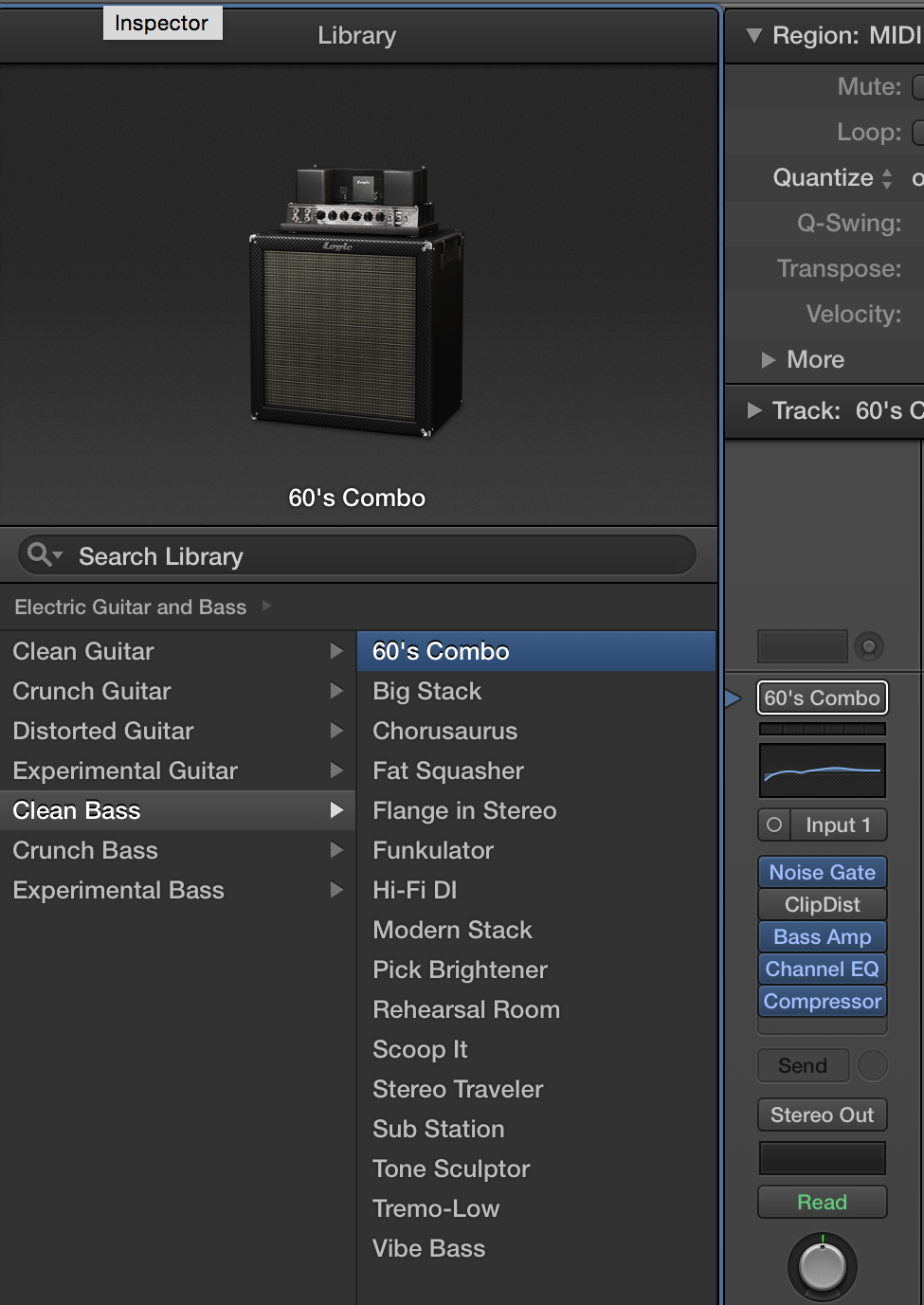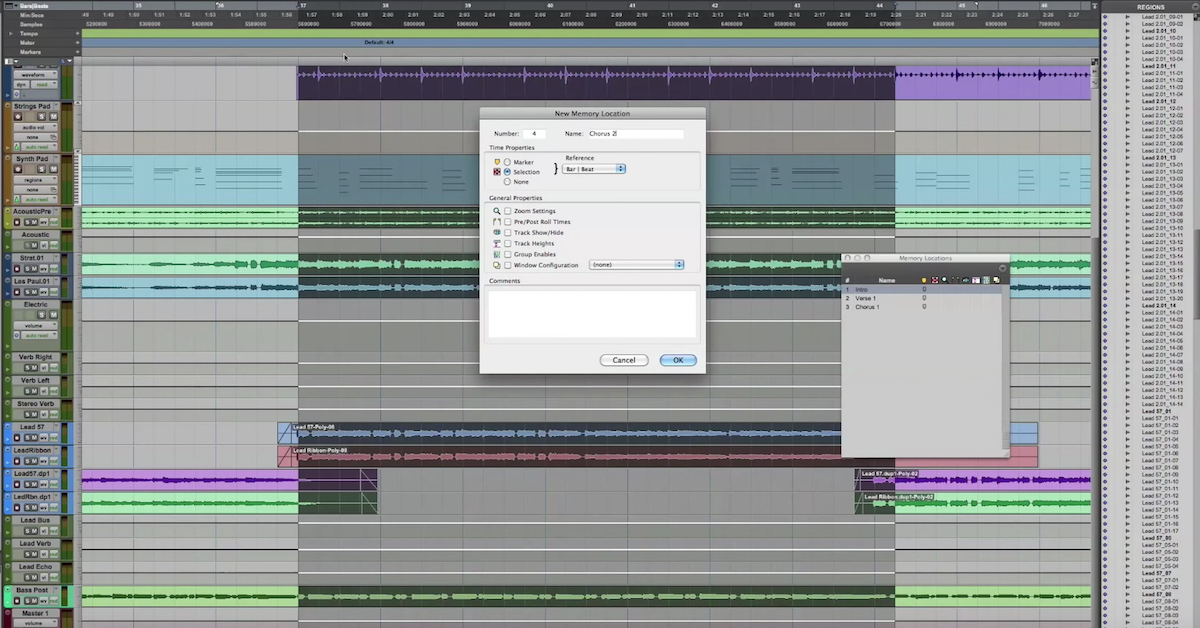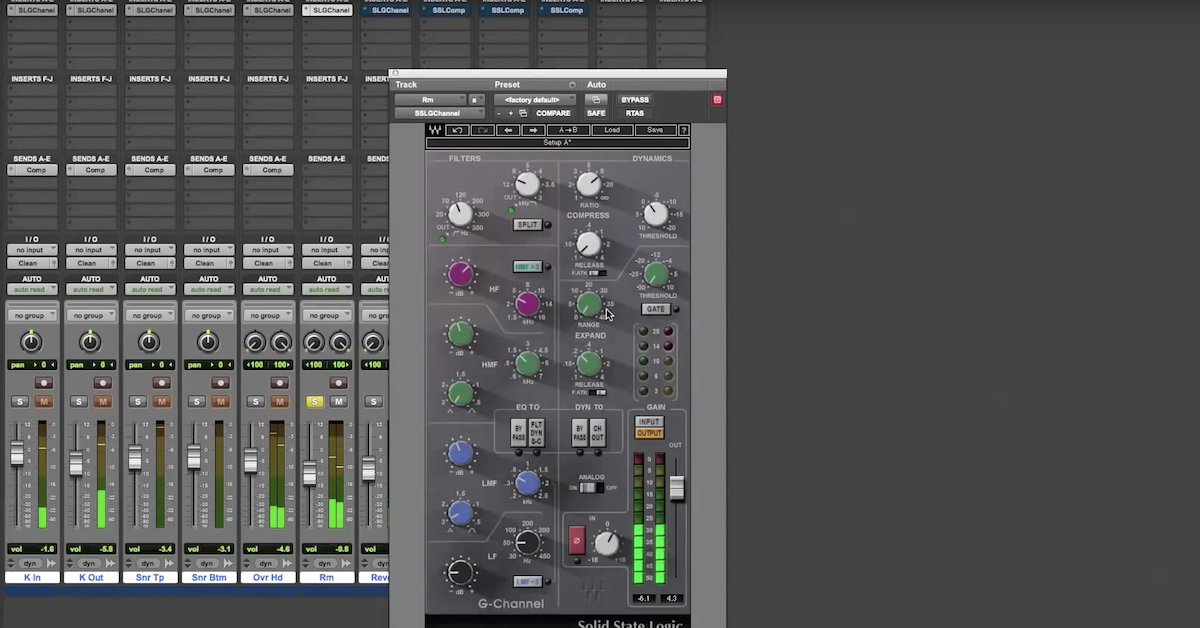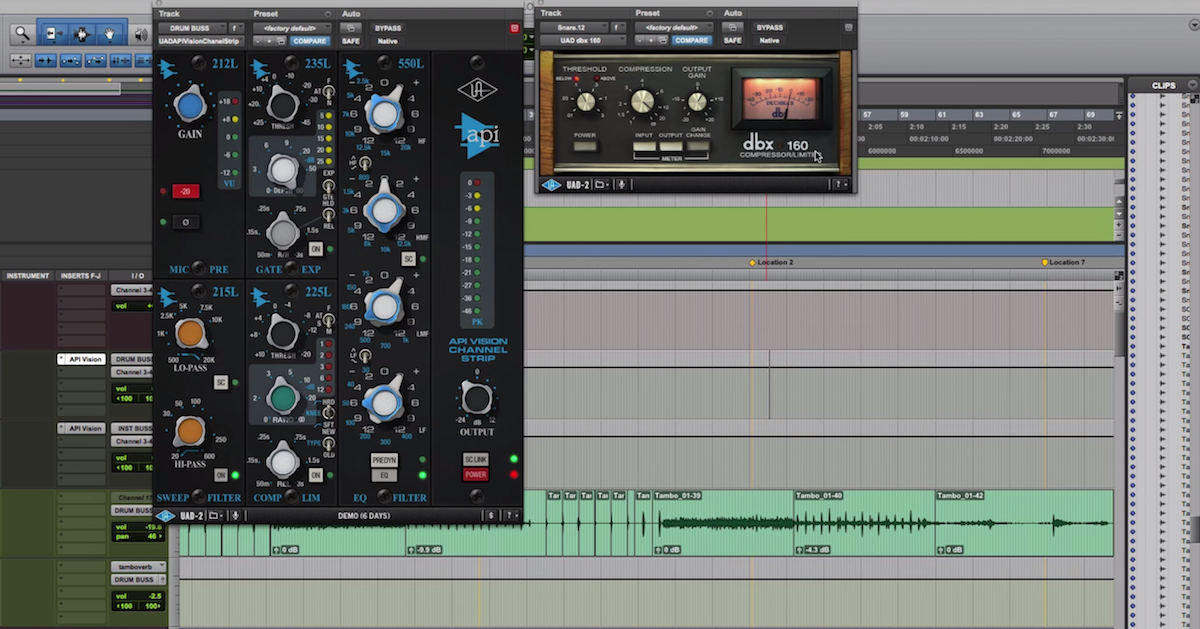The Dangers of Channel Strip Presets
Article Content
In some ways, it’s easier than ever to learn. Long gone are the days where you had to sign books out of a library, order them through the mail or search long and hard for someone in your area who had knowledge of your specific interests.
Nowadays, we have the internet with YouTube and deeper educational sites like Lynda. If you happen to be using a piece of software that’s popular, you’re likely to find a lot of how to’s.
Your answers are probably a Google search away. This is great for tasks that are cut and dry. For instance, I’ve been learning Adobe Premiere. It’s a deep program like Logic.
With a few clicks, I can figure out how to edit video even though I’m new to the program. But when it comes to learning how to make a good looking film or a good sounding recording, it becomes more convoluted.
These are the sort of things a simple search won’t answer. It takes years of acquiring a taste for good sounds. It’s subjective. Learning how to nudge audio by 1 tick is not subjective.
As with anything, practice makes perfect. There’s no easy fix or crash course for experience. This is somewhat obvious to most.
We’re Going Wrong
There’s a trend that I think is really compromising the development of production and engineering: channel presets. I’m not talking about plugin presets here. I’m talking the channel presets you can call up in Logic. Like these.
I believe these were a carryover from Garageband. A quick, one-click option to “optimize” sound. Or at least that’s the marketed concept.
About now you’re thinking, “what’s the big deal grandpa? You’re just cranky because you didn’t get your afternoon nap.”
I will first argue by saying I’m not that old. I know who The Beyonce is.
Lecture
Hear me out. Hold on while I get my soapbox.
In recent days, I’m getting more sessions sent to me with these channel presets on them. I start discovering this upon first listen when things don’t sound right. So, I start digging.
Sure enough each channel has a clutter of plugins on them. Even worse, as I start pulling the plugins off, the sound isn’t getting better.
I’m starting to think people are throwing these channel presets on immediately upon selecting a track and not paying attention to the true condition of the original signal. See the problem here?
Clutter
I’m noticing that most of the presets have way more processing than I would use.
The preset Tracking Vocal has 2 EQ’s, a de-esser, 2 reverb sends and a compressor on it.
![]()
A de-esser is a last resort for me. I try to resolve any sibilance issues with mic placement during tracking and choose complimentary gear.
Slapping a de-esser on too early is not dealing with the problem at the source. And most people using these presets are tracking.
Don’t even get me started on using too much compression.
A 60’s bass preset has a gate on it? I never use a gate for a 60’s bass sound. And they didn’t either.

Minimalist
Here’s the thing. If you don’t have good awareness of the core sounds, how are you going to improve?
To evolve your skill set, you must learn how to capture better sounds at the source.
Using these presets gives you a false sense of what mixing raw tracks should sound like.
I’m not saying I don’t add EQ during tracking. I do it all the time. But, It’s pretty minimal. A high-pass filter is almost always in use. And depending on the singer, a touch of this or that via Neve 1073.
Take note, I’m not radically adding or subtracting EQ. If you’re doing that, something is wrong (unless you’re creating a special effect).
Move the mic, try a different mic. Fix it before it gets recorded. Please, I beg you!
Peep Show
I always listen to the signal in its nude state (hubba hubba). I want to know what I’m recording. I want to know what I’m passing on to the mixing engineer.
The mixer is not likely to use any of these presets. To prevent giving them a Nightmare Before Christmas scare, avoid using them.
Sure, I add an LA2A or one send to a verb for the monitor mix or playback. I’m not suggesting you keep it dry.
A little is ok, but try to stay in touch with the original source. I always want to know what I have.
Reality Bites
I think the big misunderstanding in mixing, tracking and effects is … the gear should compliment the original source. It shouldn’t be compensating.
I suggest you learn to roll your own. Use minimal plugins and avoid radical change. Go back to the source if it’s not right.
If you stick to this method, over time you’ll build strong engineering and production skills.






